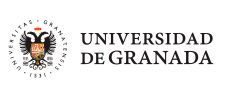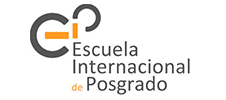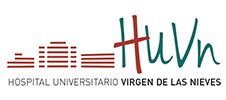
International Doctoral Summer School in Dermatology:
From basic to translational research in Dermatology
Brief description of the course:
Basic research in dermatology.
Basic research is essential for the continued advancement of medicine in general, and dermatology in particular, providing the scientific foundation for the development of more precise, efficient and personalized therapeutic interventions.
Key concepts to be addressed include: biomarkers, therapeutic targets that can become the basis for the development of specific drugs that address the underlying causes of skin diseases, thereby improving the efficacy of treatments and reducing potential side effects; genetics, which explores how genetic factors influence skin health; microbiome, which examines the skin’s community of microorganisms and their impact on dermatology; and specific techniques such as cell culture, which studies the cells that make up the skin in controlled environments, and bioprinting, which uses cells and biomaterials to create three-dimensional structures.
Connecting these concepts will provide a comprehensive understanding of dermatological research, from gene expression to advanced tissue engineering techniques.
Translational and clinical research in dermatology.
To assess the efficacy and safety of new therapeutic approaches in patients, independent clinical trials and the benefits to society of this type of research will be explained. Translational research connects basic findings with practical applications, accelerating the translation of scientific discoveries into effective therapies. Clinical research, on the other hand, validates and adapts these advances in clinical settings, ensuring their applicability and safety in real patients. To understand this type of research, innovative methodologies currently used in the field of dermatology will be explained, such as the assessment of skin homeostasis, a tool used to characterize skin barrier function parameters, as well as imaging techniques, which play a crucial role in allowing detailed visualization of the skin, useful for diagnosis and follow-up in clinical studies.
By connecting both areas of expertise, attendees will gain a comprehensive view of how research from the laboratory to clinical practice contributes to advancing the understanding and treatment of skin diseases.
Multidisciplinarity
The collaboration between researchers from different areas such as dermatology, medicine, biology, biotechnology and advanced therapies, as well as clinical staff, allows us to apply the approach of knowledge translation to clinical practice. We promote the multidisciplinary
research model as a basis for the development of applied scientific information of interest with a solid foundation.
Among the concepts covered are -omics and biomedical technologies as tools for characterizing clinical, biochemical and genetic information on dermatological diseases, in order to address knowledge on the development of advanced diagnostic tests that allow an accurate assessment of the prognosis and the selection of the most appropriate treatment for each patient.
Reponsibles of the course
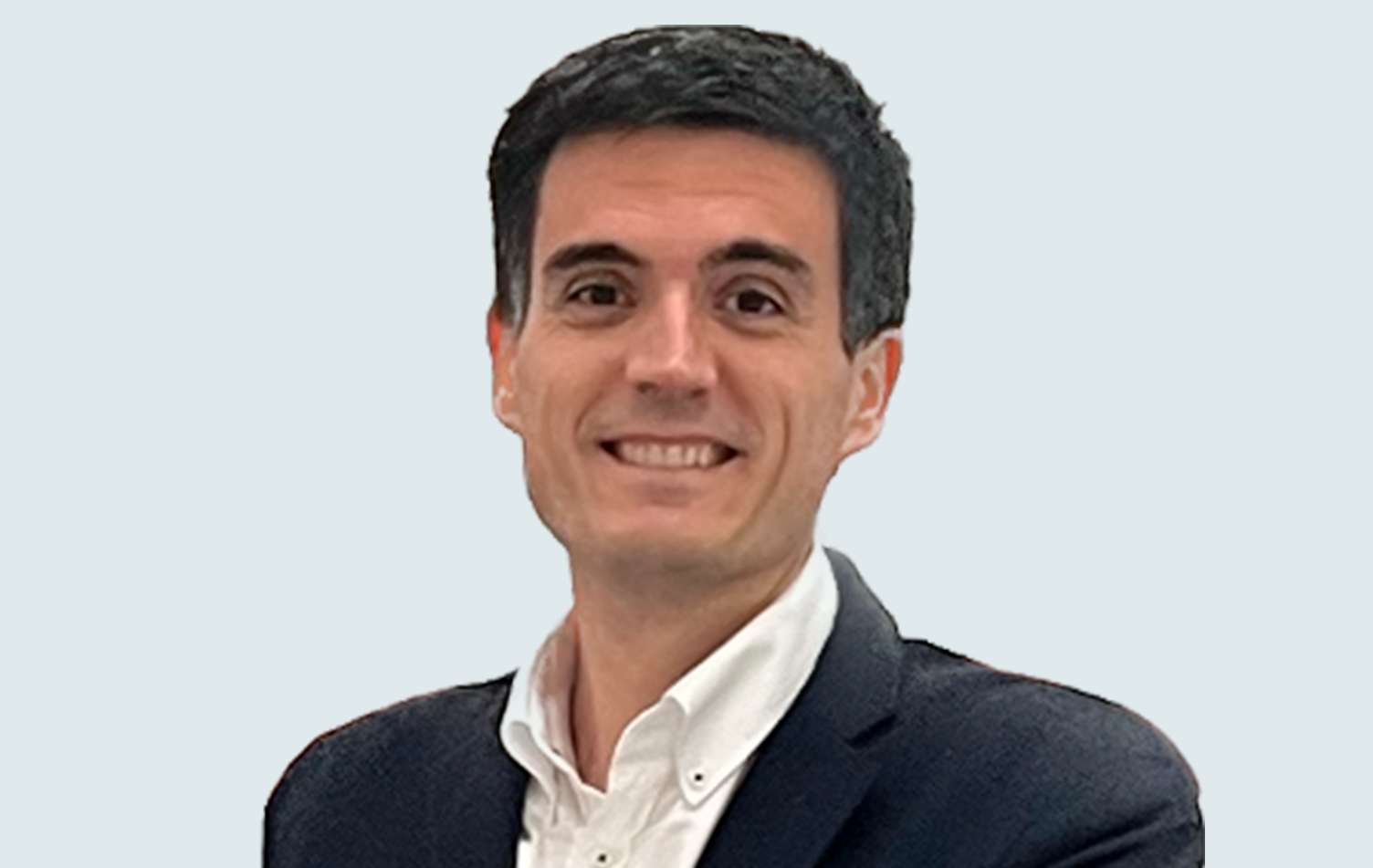
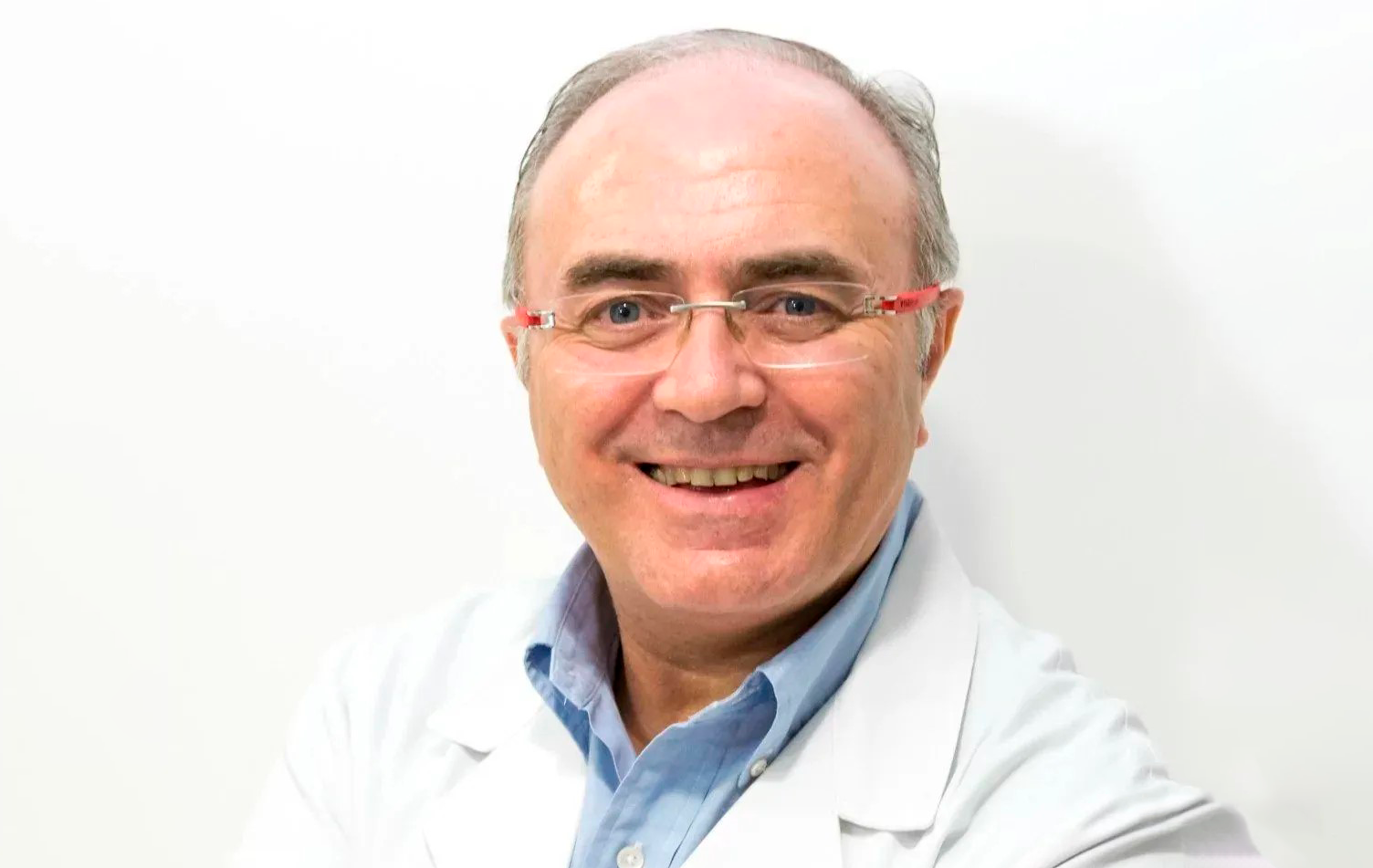
Organizing Committee
- Salvador Arias Santiago. UGR
- Agustín Buendía Eisman. UGR
- Alejandro Molina Leyva. UGR
- Trinidad Montero Vílchez. UGR
- Raquel Sanabria de la Torre. UGR
- Maribel Quiñones Vico. UGR
- Alexandra Marques. Universidad de Minho
Visiting professors
- Juan Antonio Marchal Corrales. UGR
- Alexandra Marques. Universidad de Minho
- Ricardo Viera. University of Coimbra
- Margarida Gonçalo. University of Coimbra
- Clara Sanz. University of Galway
- Ximena Wortsman. University of Chile
- Álvaro Sierra Sánchez Ibs.Granada
- Ana Fernández González. Ibs.Granada
- Carlos Cuenca Barrales, Ibs.Granada
- Antonio Martínez López, Virgen de las Nieves University Hospital
- Manuel Sánchez Díaz, Ibs.Granada
Research groups
- CTS-240
- Investigación en dermatología clínica y traslacional. IBS.Granada
- Terapias Avanzadas: Diferenciación y Cáncer. IBS.Granada
- University of Coimbra
- University of Minho
- University of Galway
- University of Santiago de Chile
Number of vacancies
Attendance forecast
Faculty
Local students
External students
Scientific Programme
September 17th
Place: Espacio V Centenario, University of Granada and Department of Dermatology. Hospital Universitario Virgen de las Nieves. Granada. Spain.
09.30-10.00 Welcome
10.00-11.00 Opening Session — 3D Bioprinting in Dermatology
Juan Antonio Marchal Corrales, PhD, University of Granada.
11.00-12.00 Extracellular Matrix-based biomaterials for advances therapies in Dermatology
Alexandra Marques Pinto, PhD – University of Minho.
12.00-12.30 Coffee Break
12.30-14.00 Advanced Therapies in Dermatology
12.30 – 13.00: Cell Therapy in Dermatology
Clara Sanz Nogués, PhD – University of Galway.
13.00 – 13.30: Tissue Engineering in Dermatology
Salvador Arias Santiago, PhD – University of Granada.
13:30 – 14:00: Gene Therapy in Dermatology
Álvaro Sierra Sánchez, PhD – ibs.Granada.
14.00-16.00 Lunch Break
16.00-17.30 Workshop 1
Cell culture applied to dermatological research
Ana Fernández González, PhD – ibs.Granada.
17.30-19.00 Workshop 2
Photobiology: practical aspects
Raquel Sanabria de la Torre – University of Granada.
María Isabel Quiñones Vico – University of Granada.
20.00 Dinner
Carmen de la Victoria, University of Granada
September 18th
Place: Espacio V Centenario, University of Granada and Department of Dermatology. Hospital Universitario Virgen de las Nieves. Granada. Spain.
09.00-10.00 Inflammatory skin diseases
Introduction – Agustín Buendía Eisman, PhD – University of Granada.
New insights in hidradenitis supurativa – Carlos Cuenca Barrales, PhD – Hospital Virgen de las Nieves.
Cutting edge in atopic dermatitis and contact eczema – Margarida Gonçalo. PhD. University of Coimbra.
10.00-11.00 Dermatologic surgery
Ricardo Viera, PhD – University of Coimbra.
11.00-12.00 Biomarkers in Dermatology
Biomarkers in Psoriasis – Manuel Sanchez Diaz, PhD – Hospital Virgen de las Nieves.
Biomarkers in Hidradenitis Suppurativa – Alejandro Molina Leyva, PhD – University of Granada.
Biomarkers in Atopic Dermatitis – Trinidad Montero Vilchez, PhD – University of Granada.
12.00-12.30 Coffee Break
12.30-13.00 Skin
infection, Antibiotics and Wound Healing
María Isabel Quiñones Vico – University of Granada.
13.00-14.00 Healthcare in Dermatology
13.00 – 13.30 New Advances in Skin Care
Antonio Martínez López – Virgen de las Nieves University Hospital.
13.30 – 14.00 Nutrition and Dermatology
Raquel Sanabria de la Torre – University of Granada.
14.00-16.00 Lunch Break
16.00-17.30 Workshop 3
Biomedical Devices in Dermatology: ultrasound
Alejandro Molina Leyva, PhD – University of Granada.
Ximena Wortsman, PhD – University of Chile.
17.30-19.00 Workshop 4
Cutaneous Homeostasis and skin barrier function
Raquel Sanabria de la Torre – University of Granada.
Trinidad Montero Vílchez, PhD – University of Granada.
21.00-23.30 Cultural Visit to
Granada
September 19th
Place: Espacio V Centenario, University of Granada and Department of Dermatology. Hospital Universitario Virgen de las Nieves. Granada. Spain.
10.00-10.30 Artificial Intelligence in Dermatology
Trinidad Montero Vílchez, PhD – University of Granada.
10.30-11.00 How and why do a PhD thesis?
Trinidad Montero Vílchez, PhD – University of Granada.
Alejandro Molina Leyva, PhD – University of Granada.
11.00-11.30 Coffee Break
11.30-13.30 Short Talks (6 x 10’ + 5’ discussion)
13.30-14.00 Closing ceremony
14.00-16.00 Lunch and Departure
How to apply: Please fill in the form by clicking on the button
Doctoral students in Dermatology, residents and dermatologists interested in research are welcome to participate in this Doctoral Summer School in Dermatology.
|
Name: UGR-EIP
Bank: CAIXABANK
Address: C/ Gran Vía de Colón Nº 19 18001 GRANADA
IBAN: ES54 2100 4224 3013 0081 0784
BIC: CAIXESBBXXX
|
Please send payment justification to mail: dermatologyugr@gmail.com
|
If you need an invoice:
1.- Please note that the UGR is only legally obliged to issue invoices to companies and not to individuals.
2.- If you act as a company and need an invoice for taxing puposes, please contact the Summer School Coordinator before making the payment.
|
We invite you to submit a short talk regarding your doctoral thesis program to be presented during the Doctoral Summer School.
Please submit the abstract before Sept 10th. Mail: dermatologyugr@gmail.com
Aval
Solicitado el Aval de la Academia Española de Dermatología y Venereología
Alianza Arqus Universities
University of Minho
